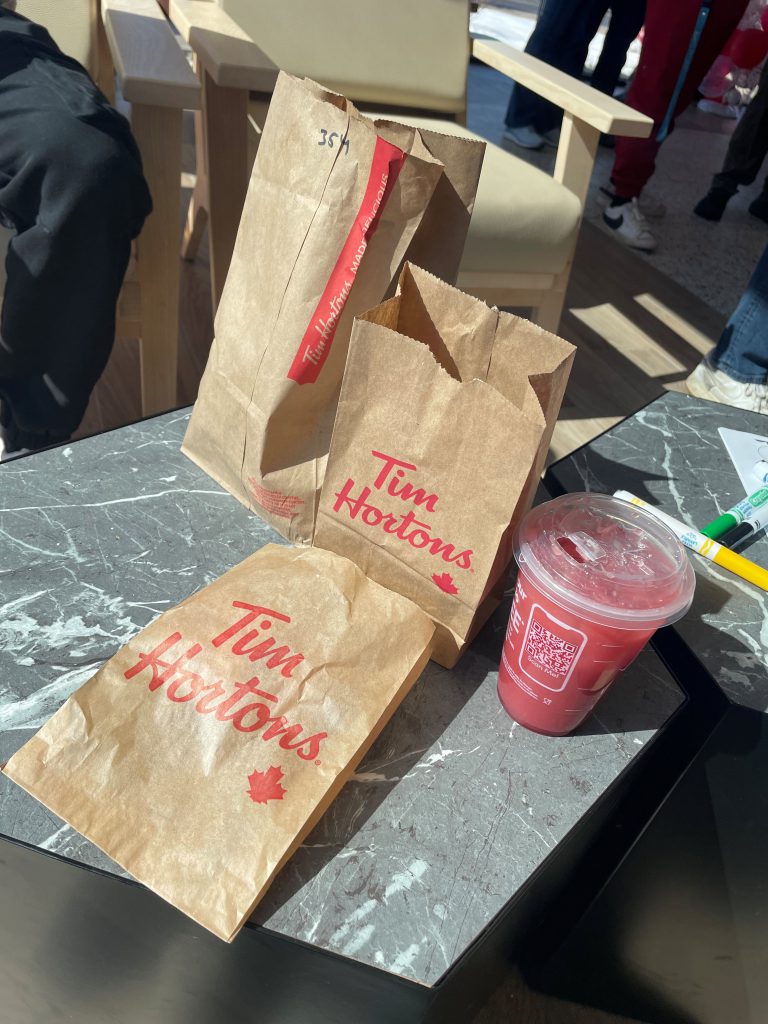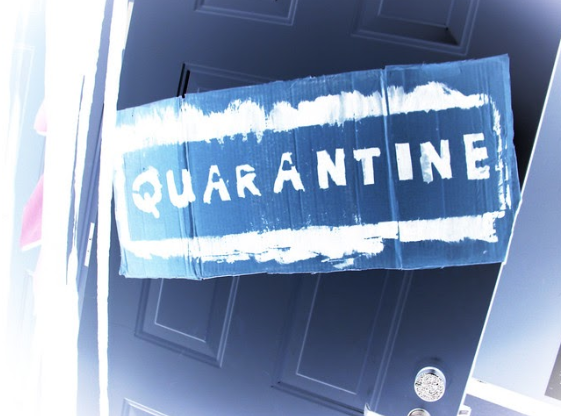Dressed for a funeral or a red carpet? In their choice to don full black outfits, subverting the normal red-carpet status-quo of competitive designer get-ups, the Me Too and Time’s Up movements represented a funeral for Hollywood’s history of sexual violence.
The 2018 Golden Globes marked the first time that Hollywood’s big-wigs convened in public since a rash of Sexual Assault allegations came into light, particularly the allegations against producer Harvey Weinstein. The accusers were supported by the voice and activists of the established Me Too organization, who were featured in Time Magazine’s Person of the Year selection as “Silence-Breakers”. Me Too founder Tarana Burke’s statement on the Me Too website promotes the goal of the the organization as “bringing vital conversations about sexual violence into the mainstream, we’re helping to de-stigmatize survivors by highlighting the breadth and impact sexual violence has on thousands of women.”
Several celebrity actresses brought notable activists as their plus-ones to the red carpet. Notable attendees included Me Too founder, Tarana Burke,who accompanied Michelle Williams, and Marai Larasi, executive director of Imkaan (British advocacy network and foundation for black and minority women) accompanied Emma Watson.
The Times Up movement swept the night with black garb, logo-blazened lapel pins, and on-stage remarks from just about every presenter and award-winner and set a tone for the entire awards season. Junior Women’s and Gender Studies major Kerstin Holman said, “I really think the all black dress-code was a great step forward for women in Hollywood, especially in Hollywood.” Holman continued, “Both women and men are no longer staying quiet about being abused and taken advantage of.”
However, the biggest televised awards shows that followed, the Grammys, and the SAG (Screen Actors Guild) Awards did not make as big waves as anticipated. Though the Grammys featured a welcome but unusually diverse slate of nominees, many critics and viewers complained that the female and non-white nominees were shafted of awards. This may have to do with the lack of publicity that sexual assault allegations have gained in the music industry, in comparison to Hollywood.
The SAG Awards while following mostly in the footsteps of the the Golden Globes, definitely toned down the all-black aesthetic set up by the previous award show. While a good showing of stars sported their Time’s Up pins, most returned to the conventional colorful outfits.
Notably, the SAG awards featured only female-presented, seemingly a political move, but in a statement from SAG-AFTRA president Gabrielle Carteris to The Hollywood Reporter, this choice was revealed to have been in the works for months.
Host Kristen Bell made a statement at the top of the evening addressing the climate of the award season. Notably, Bell was the first ever host of the SAG Awards, a bold move made on the part of the SAG-AFTRA to match up with their all-female slate of presenters. Bell said, “We are living in a watershed moment, and as we march forward with active momentum and open ears, let’s make sure that we are leading the charge with empathy and with diligence, because fear and anger never win the race.”
Now, less than a week from the Oscars, the biggest night of the year in Hollywood, otherwise known as the Academy Awards, the public waits to see how the Times Up and Me Too movements will affect the events of the evening and statements to be made. Will there be another red carpet black out? Will there be another representation of activist attendees? Holman said she believes “the Times Up and Me Too movements have likely put pressure on the Oscar’s the acknowledge the things that have taken place in Hollywood’s history.”
The executives planning for the event are definitely feeling that pressure. Already, Channing Dungey, President of ABC Broadcasting, who will telecast the Academy Awards, said in in a statement in the New York Times saying, “We certainly want to honor and respect Time’s Up and allow that message to be heard, but we’re trying to make it more planned than spur-of-the-moment — it has its moment and then doesn’t feel like it overshadows the artists and films being honored.” This may be a underappreciated move after the status-quo-rocking show put on at the Golden Globes.
The Oscars certainly has something in the works to honor the Times Up movement, but will not allow politics to overshadow the evening. Now all that is left is to wait and see what they come up with, and whether or not they will face backlash from a public that grows ever more socially conscious.
Emily Vial
esvial@vwu.edu

